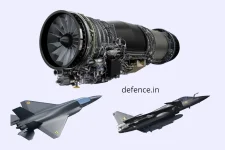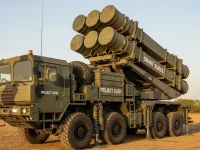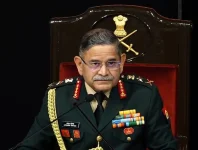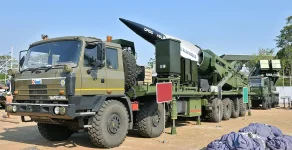- Views: 8K
- Replies: 35
Hindustan Aeronautics Limited (HAL) Chairman and Managing Director, Sunil Kumar, has confirmed that the highly anticipated deal with GE Aerospace for the procurement of F-414 engines for the Tejas Mk2 program has been postponed to mid-2025.
While initially expected by the end of 2024, the deal, crucial for powering India's advanced light combat aircraft, is now likely to be finalized by March 2025.
Despite the delay, Kumar reassured stakeholders that both HAL and GE Aerospace are committed to ensuring a smooth and successful conclusion to the contract. He emphasized that the focus remains on delivering high-quality engines and ensuring a seamless transfer of technology.
This agreement is a cornerstone of India's efforts to boost its domestic aerospace capabilities. The deal encompasses 99 F-414 engines, which will be manufactured locally by HAL with a significant 80% Transfer of Technology (ToT).
This ToT represents a major leap forward for India's aviation sector, enabling HAL to develop an indigenous supply chain and reduce reliance on foreign suppliers for critical aerospace components.
The delay is attributed to the complexities inherent in defence contracts, regulatory processes, and ongoing negotiations to fine-tune the ToT agreement. With 80% ToT, HAL aims to achieve self-reliance in engine manufacturing and maintenance, crucial for the Tejas Mk2's service life and future upgrades.
Once the deal is signed, HAL will commence local manufacturing of the F-414 engines at its state-of-the-art facilities. The F-414 engines, known for their superior thrust and efficiency compared to the F-404 engines used in the Tejas Mk1, will significantly enhance the performance and operational capabilities of the Tejas Mk2.
This landmark deal has far-reaching implications for India's aerospace and defence ecosystem. It will bolster HAL's capabilities in manufacturing high-performance engines, providing a domestically produced, reliable propulsion system for its multirole fighter jets.
Furthermore, the technology transfer is expected to catalyze further innovation in the aviation sector as Indian engineers and technicians gain valuable experience with advanced engine systems.




